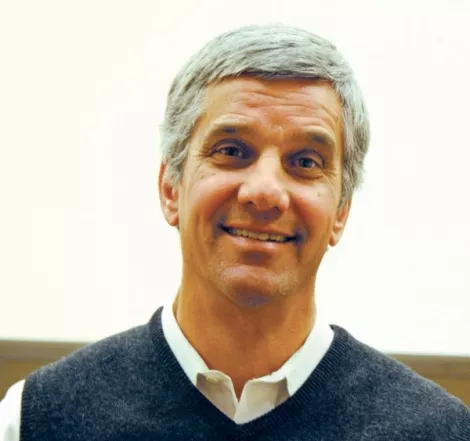
When there aren’t enough hours, often the first thing to fall by the wayside is fitness. Your body loses its trim tone. Maybe you stay thin, but it’s flabby thinness. You couldn’t run or jump to save your life. An important thing to remember—for health as well as quality of life—is that being thin is not the same as being fit.
Which brings us to three true stories; one bad, one good, one still playing out.
First, the bad one: Debra (not her real name) was a top athlete in her sport. She had natural talent and worked hard at both training and conditioning. She quickly rose through the ranks, winning her age group first in Utah, then nationally. She was on the cusp of moving out of her age group into the pro category. But Debra’s job was helping her husband run the family sports shop. As the shop grew, she had to spend more time helping. She worked out less, trained less and competed less—all without making a conscious decision about it. She lost her fitness, and was no longer as competitive. It hurt to lose, so she slowly withdrew from her sport and devoted her time to the shop. She doesn’t even realize yet that she’s unhappy about it.
Now the good story: At the Lake Placid Olympics in 1980, speedskater Eric Heiden won five gold medals. His massive thighs, in a gold speed suit, are still an iconic image. Today, this legendary athlete is 53, and an orthopedic surgeon practicing in Utah. He looks 20 years younger, trim and hardbodied. He still looks like an athlete.
Few professions are busier than that of a surgeon. The residency alone takes every waking hour. How does Dr. Heiden stay so fit?
“I follow the rules of trying to do something aerobically three to five days a week, and lift weights a couple of times a week. I would consider myself a recreational athlete. I enjoy participating in seasonal sports like cross-country skiing and cycling. I don’t compete, but I stay fit,” he says.
Heiden explains that staying fit pays dividends, saying, “I’ve come to appreciate the benefits of a healthy, active life style. I don’t have any chronic conditions of age. I’m sort of addicted to being active at a high level.” He makes his fitness a priority, carving out a firm conditioning schedule that he never allows to get overrun by unrelated details. Those who don’t use such determination in scheduling body-work time will find that their own physical time disappears.
And now the story still playing out—for this writer. Last September, I shattered my humerus. It was months before I could use my arm, or in fact, do anything physical. As a result, I gained weight and turned flabby. The time I once spent on activity filled up with other things.
It was painful getting back to the gym and back to action. I was so accustomed to being strong and fit that I didn’t want to start over again at some long-ago beginning. Finally, I realized what many others also come to realize: This was the turning point for the rest of my life. Either I forced myself to be active, and made time for it no matter how reluctant I was feeling, or I was choosing to be flabby, unfit and physically incompetent forever. That’s not much of a choice.
Of course it will eventually get easier, but at first, forcing yourself is hard. You have to make, not find, the time. So far, that conscious decision is working. Despite the busy details of life, I’m grabbing my fitness back with arms, legs and core.